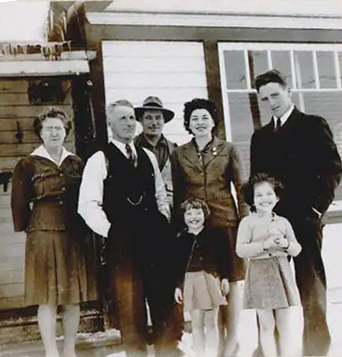Probate Attorneys in Alaska

When Someone Passes Away, What Happens Next?
If a loved one dies with assets in their name, what happens to those accounts, properties, or investments? Who is responsible for gathering everything, paying bills, and making sure assets are distributed?
In Alaska, the legal process for managing a person’s estate after death is called probate. If the person had a Will, the probate court oversees the appointment of the named Personal Representative. If there was no Will, Alaska law determines who can serve and who inherits.
At Foley Pearson Riekkola Iverson, we guide clients through every stage of the probate process, whether the estate is large or small, based in Alaska, or includes property across state lines. Our focus is on helping families carry out their responsibilities with care, efficiency, and support.
What Is Probate?
Probate is the court-supervised process of settling a deceased person’s estate. This includes:
- Validating the Will (if there is one)
- Appointing a Personal Representative (Executor)
- Confirming the identity of heirs or beneficiaries
- Collecting and valuing assets
- Paying debts, taxes, and final expenses
- Distributing remaining assets to heirs or beneficiaries
In Alaska, the probate process is generally straightforward and cost-effective—but it still involves substantial legal requirements and court filings. We assist Personal Representatives with preparing petitions, notifying heirs and creditors, managing timelines, and handling all required paperwork.
Types of Probate We Handle
At Foley Pearson Riekkola Iverson, we assist with multiple types of probate, including:
Domiciliary (Regular) Probate, Formal and Informal
We represent personal representatives in both formal (court-supervised) and informal (non-supervised) probate. Informal probate is common in Alaska when the Will is clear and uncontested and in families where there are no disputes or tension. Formal probate may be required when legal questions arise, such as unclear heirs or challenges to the Will.
Ancillary Probate in Alaska
If a person dies domiciled in another state but owns real estate or tangible assets in Alaska, an ancillary probate proceeding must be opened here to transfer or sell that property, as well as publish Notice to Creditors. We regularly assist out-of-state personal representatives and attorneys in handling Alaska ancillary matters efficiently and in compliance with local law.
Foreign Domiciliary Estates
We also help Alaska families administer estates when the primary (domiciliary) probate is already open in another state. These proceedings are typically simple and cost-effective, as most of the probate tasks are being handled in another jurisdiction.
When Is Probate Required?
Probate is generally required if the deceased person:
- Owned real estate in their name, alone
- Held bank or investment accounts without joint ownership or pay-on-death/transfer-on-death designations
- Did not fully fund a Revocable Living Trust
- Left personal property over a certain value threshold (currently $50,000 for liquid in Alaska)
Even with a Will in place, probate is usually necessary unless the decedent’s assets were fully transferred automatically at death using a Trust or other probate-avoidance techniques. We help families determine whether probate is needed and what kind.
What Can Go Wrong Without Legal Help?
While Alaska’s probate system is user-friendly compared to many other states, personal representatives still carry legal duties—and this comes with potential liability. Common pitfalls include:
- Misinterpreting the Will or state intestacy laws
- Failing to properly notify creditors or heirs
- Failing to properly pay administrative expenses or creditors
- Missing deadlines for court filings or tax returns
- Distributing assets too early
- Mismanaging estate funds or real estate
Mistakes can delay the process, increase costs, and even result in personal financial responsibility. We help clients avoid these risks and complete their duties with confidence and care.
Why Work with Foley Pearson Riekkola Iverson?
We focus on probate and estate administration for families who value accuracy, thoroughness, collaboration, and guidance they can trust. When you work with our team, you receive:
- Prompt and thorough preparation of required court documents
- Step-by-step legal support tailored to Alaska’s probate rules
- Clear timelines, checklists, and communication throughout t
- Help with related tasks, such as property deeds or letters of instruction to financial institutions
- A relationship with attorneys who understand your family’s goals—not just court procedure
We also work efficiently with out-of-state counsel to handle Alaska-based probate needs for non-residents.
Need to Open a Probate Case? Let’s Talk.
Whether you’re facing probate in Anchorage, need help transferring Alaska real estate from another state, or are unsure whether probate is required at all, we can help. Foley Pearson Riekkola Iverson is here to guide you through the process with clarity, compassion, and follow-through.
Schedule a conversation with our team to understand more about your next steps.

Working With Foley Pearson Riekkola Iverson, P.C.
We recommend that anyone beginning the estate planning process start by attending one of our free, lawyer-led workshops. It’s a practical introduction to the process, the key concepts, and how our firm approaches planning. You’ll gain the knowledge you need now—so you can ask the right questions later.
After the workshop, the next step is to complete our intake forms. This helps us understand your goals, your family dynamics, and the assets you want to protect. With the full picture in hand, we can craft a plan that’s tailored to you.
Once we have reviewed the information you provide, you will meet with an attorney to design your estate plan. The attorney will guide you through your options, answer any questions, and help identify the best structure for your goals—whether that involves a Will, a Trust, or a combination of planning tools.
After your documents are signed, we assist with funding your Trust and transferring key assets into it. Then you have the option to enroll in our Generations, which provides ongoing support to help you maintain and update your plan over time, so it continues to reflect your wishes and functions as intended when it matters most.
Do You Need a Will or Trust?
Whether you are just beginning to think about planning for your estate, need to update your existing documents, or have questions after the loss of a loved one, we are here to help.
Are You Unsure About What You Need?
Whether you are just beginning to think about planning for your estate, need to update your existing documents, or have questions after the loss of a loved one, we are here to help.

